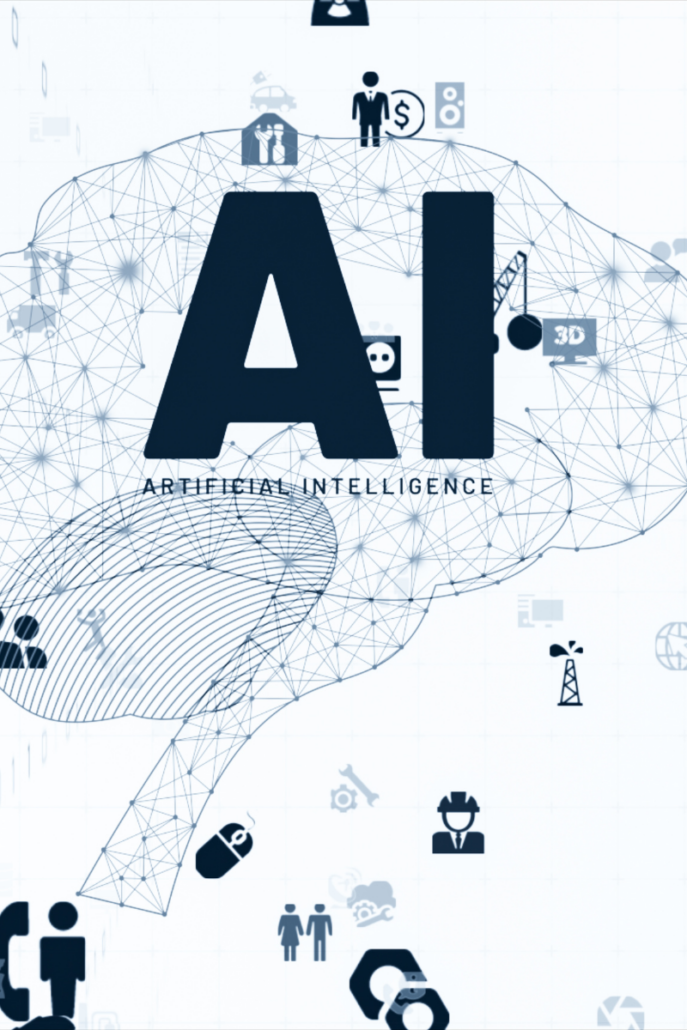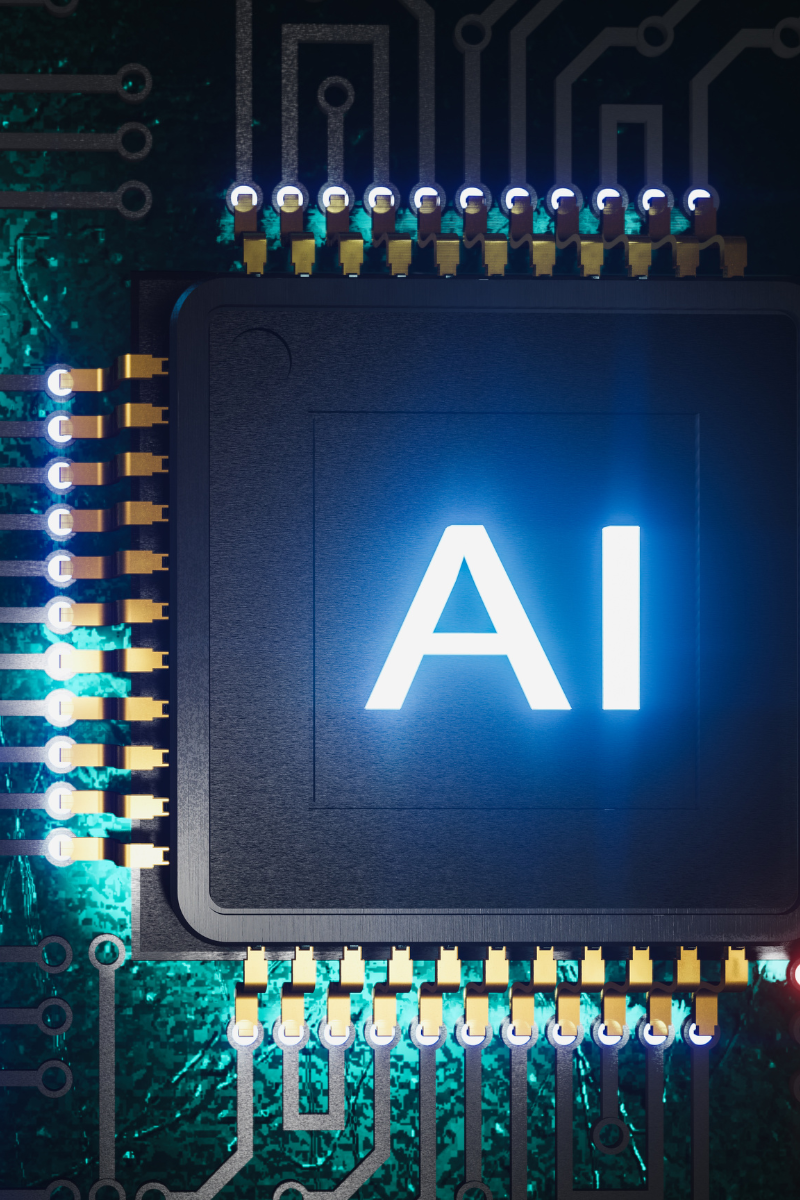Harnessing AI for Hyper-Personalized Marketing
Marketing isn’t just changing—it’s getting personal. In 2025, your audience expects more than relevance—they expect recognition. They want to feel seen, heard, and understood at every digital touchpoint. And if your brand isn’t speaking directly to them? You’re already behind.
As digital marketing continues to evolve, personalization has become more than a buzzword—it’s a necessity. In 2025, consumers expect brands to understand their needs, preferences, and behaviors on an almost intuitive level. Basic segmentation and static campaigns no longer cut it. Enter hyper-personalization: the use of artificial intelligence (AI) and real-time data to deliver tailored messages and experiences to each individual. For businesses ready to adapt, the opportunity to deepen customer relationships and drive performance is unprecedented.
At Onimod Global, we promote cutting-edge strategies and tools brands can leverage, using our deep expertise in digital marketing to guide organizations through the adoption of hyper-personalized solutions to deliver uniquely tailored experiences and stay competitive in an AI-driven landscape.
Let’s continue the conversation and dive into how artificial intelligence is transforming digital marketing in 2025 through hyper-personalization. We’ll cover how AI enables tailored experiences, strategies brands can use, metrics for success, and the ethical considerations marketers should keep in mind.
The New Era of Personalization
AI has redefined what’s possible in marketing. Here are some of the key ways it’s enabling hyper-personalized experiences:
- Real-Time Data Analysis: AI can process massive amounts of data at lightning speed, identifying patterns and insights that humans would miss. This allows marketers to act on user behavior the moment it happens.
- Predictive Modeling: Machine learning algorithms can anticipate customer needs based on past behavior, enabling proactive outreach with relevant content or offers.
- Customer Journey Mapping: AI can track and analyze a customer’s journey across multiple channels, helping marketers create seamless, personalized touchpoints from first click to final conversion.
- Dynamic Content Creation: Tools powered by AI can tailor content—emails, ads, web experiences—on the fly based on who’s viewing it, increasing engagement and relevance.
Key Strategies for Brands in 2025
- AI Chatbots and Virtual Assistants: These tools now offer advanced natural language processing capabilities, making interactions feel human and context-aware. They can recommend products, solve issues, and even upsell based on user history.
- Personalized Email and SMS Campaigns: AI enables marketers to deliver the right message at the right time, customized to each recipient’s behavior and preferences. This boosts open rates, click-throughs, and conversions.
- Smart Product Recommendations: Moving beyond the traditional “customers also bought,” AI can serve unique suggestions based on nuanced factors like time of day, weather, or recent browsing behavior.
- Adaptive Website Experiences: From homepage banners to navigation paths, websites can now change dynamically based on the visitor’s profile, behavior, and intent.
Success Metrics: Measuring What Matters
Hyper-personalization isn’t just a trend—it drives measurable results. Key performance indicators (KPIs) to track include:
- Click-through rate (CTR) and conversion rate improvements
- Increased customer lifetime value (CLV)
- Higher engagement and time spent on site
- Reduced churn through relevant, timely communication
Challenges & Ethical Considerations
With great power comes great responsibility. Brands must use AI ethically and transparently. Be sure to consider data privacy by ensuring compliance with data protection laws. All parties should be transparent about how data is collected and used. Additionally, adding that human touch ensures you maintain authenticity. Over-automation can feel impersonal if not balanced with genuine human interaction. As emphasized, it is crucial to treat AI as a tool, with its effectiveness coming from the human use behind it.
Our Approach and Final Thoughts
At Onimod Global, we believe in leveraging AI to create smarter, more meaningful marketing. Our team integrates advanced data analytics, AI-powered tools, and strategic creativity to craft campaigns that resonate on a personal level. Whether it’s building dynamic ad experiences or refining email marketing with precision targeting, we help our clients thrive in a hyper-personalized world.
Our final thoughts? When used intentionally with human strategy behind it, AI is an integral tool for building stronger customer connections. As we look to the future, brands that embrace hyper-personalization will stand out, stay competitive, and create lasting value.
Ready to take your personalization to the next level?
Let’s talk about how we can help you harness AI for real marketing performance in 2025 and beyond. Contact us today.
FAQs: AI and Hyper-Personalized Marketing
- How is AI different from traditional personalization tools?
AI processes vast amounts of data in real time, enabling more accurate targeting and dynamic content adaptation that evolves with user behavior. Traditional personalization often relies on static data and predefined rules. - Is hyper-personalization only for large businesses?
Not at all. Thanks to scalable AI tools and platforms, businesses of all sizes can implement effective hyper-personalized strategies tailored to their audience and goals. - What types of data are used in AI-driven personalization?
Common data sources include website interactions, purchase history, social media behavior, location data, and real-time engagement patterns. - How can Onimod Global help with hyper-personalized marketing?
Onimod Global offers tailored digital marketing solutions powered by AI. We help brands design data-driven strategies, build adaptive campaigns, and create experiences that speak directly to each individual customer.








